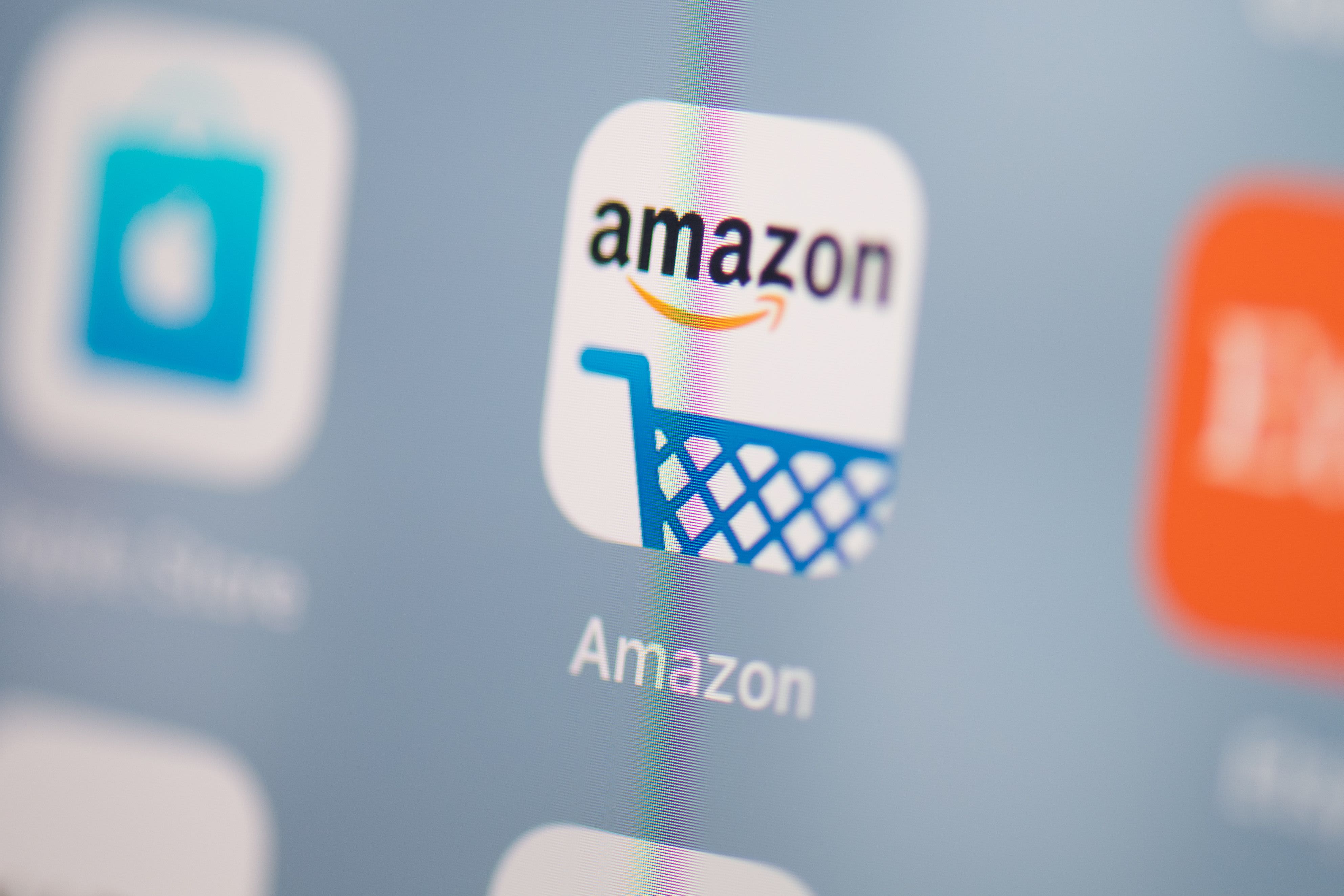Why I won't shame the PPP takers
EDITOR'S NOTE
We'll be talking to Hugh Son on the show today about his weekend piece ("Public companies took far more small business loans than first thought"), which was "Drudged" yesterday and is one of the most-read stories on CNBC.com.
People are clearly up in arms over "big corporations" "taking" money that was "meant for small businesses." I don't share the outrage.
The PPP ("payroll protection program") is one of dozens of programs the government has rolled out since the pandemic caused a nationwide economic shutdown. The simple intent is to get as much government money as possible to businesses as quickly as possible to keep the whole economy as intact as possible throughout Covid-19. The intent is to help companies of all sizes.
For those with more than 500 employees, the Fed's "Main Street" loans are supposed to kick in--and also be distributed through the banking system. Unfortunately, the program isn't up and running yet. Fed vice chair Randy Quarles on April 10th said it should be running "in two to three weeks," providing up to $600 billion in loans for companies with up to 10,000 employees. But it's not up and running yet.
So if you're a company that needs cash--Shake Shack, Ruth's Chris, a large hotelier, etc.--and the government says here, please take this money to keep your business going, and you were perfectly eligible to receive PPP support, now you're suddenly to blame for taking it? Seems a little unfair.
The real problem is that (a) the PPP program was capped in size when it started, even though the intent was to hand out as much money as needed. So when Congress didn't reauthorize more funds immediately, suddenly the money "ran out," creating panic along with winners and losers. If you're a small biz that needs help and hasn't gotten it, because your banking relationships aren't as solid as the bigger companies', you're understandably resentful*.
And (b), my guess is a lot of the critics think the PPP is the only government rescue program and that the government only wanted to help small businesses. Which is wrong. It was just the quickest to get off the ground. Government officials are actually confusing the matter further by apologizing that bigger companies got money, when in fact they want bigger companies to get money, too. The whole point is to get cash to companies--any and all companies except the very, very largest--as quickly as possible to keep their workers on payroll and their companies intact.
Frankly, the PPP program has been much quicker to get money into the economy than the Fed's program, so instead of apologizing for that, government officials should have just routed all of the money through the PPP program and opened it up to companies of up to 10,000 employees. If the Fed's Main Street program is going through the banks anyhow, why not just stick with one distribution program instead of two**?
And for those small businesses who have been completely shut out because they can't get a banker on the phone, why not redirect them to the disaster loan portal? That is supposed to provide up to $10,000 immediately, which is sufficient for many of the smallest businesses for a short while. But the portal has been plagued by problems and the cash isn't getting disbursed. This is the third real problem vexing the PPP process.
And by the way, even with the $870 million that public companies reportedly took--before they started returning the funds--that's not even $1 billion out of $349 billion that has been distributed, so far, into the economy.
See you at 1 p.m!
Kelly
*Watch this interview with Frost Bank, in Texas, to see who's really getting the PPP funds versus what you see in the headlines.
**As imperfect as routing funds through the banks has been, it's also been surprisingly efficient. For the first time ever trying something like this--cash relief from the government via the banks to American businesses--it's shown the approach can work. Still, you wonder if some kind of national business directory will ultimately come out of this, perhaps via the IRS, that would allow direct deposits into business checking accounts in the future. KEY STORIES
IN CASE YOU MISSED IT
| ||||||||||||||||||||||||||||||||||||||||||||||||||||||||||||||||||||||||||||||||||||||||||||||||||||||||||||||||||||||||||||||||||||||||||||||||||||||||||||||||||||||||||||||||||||








Post a Comment